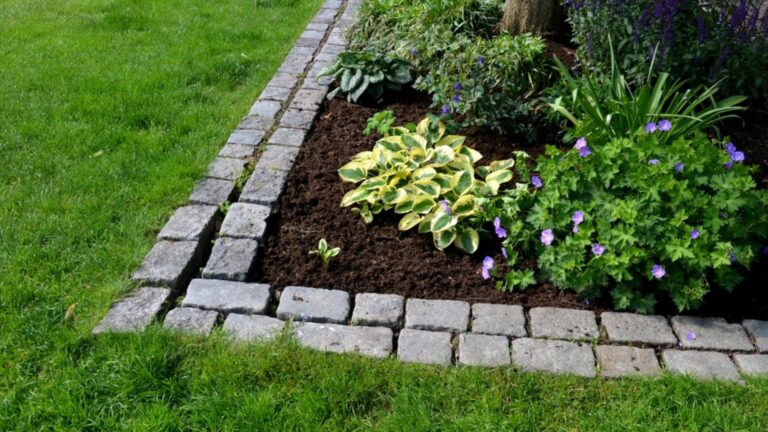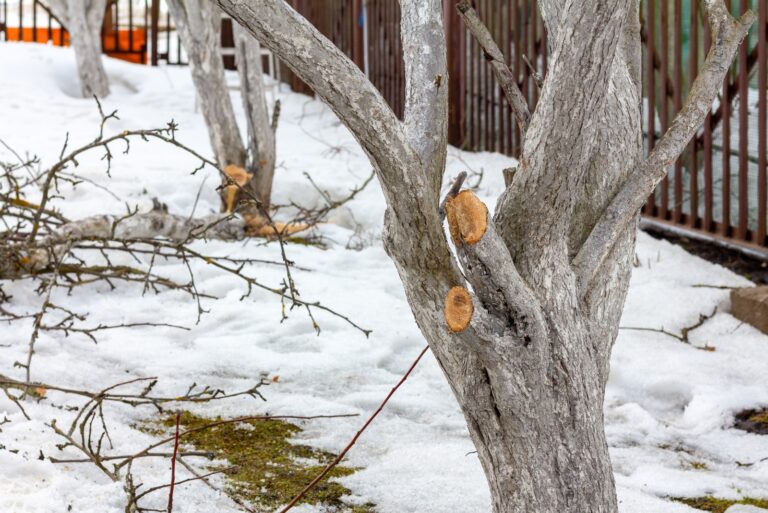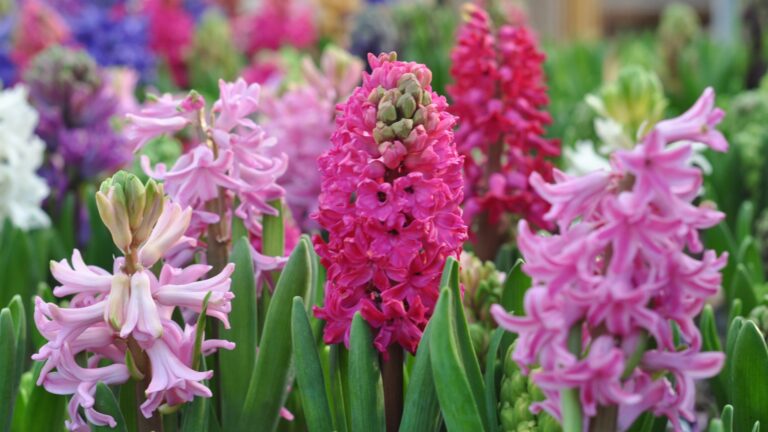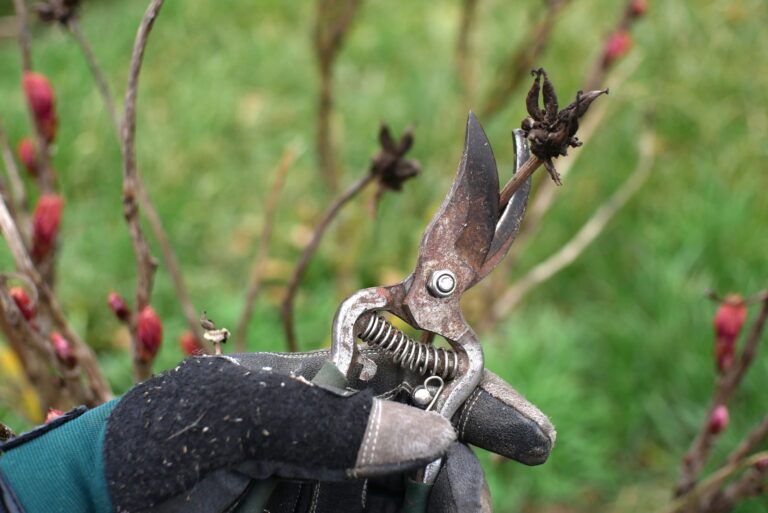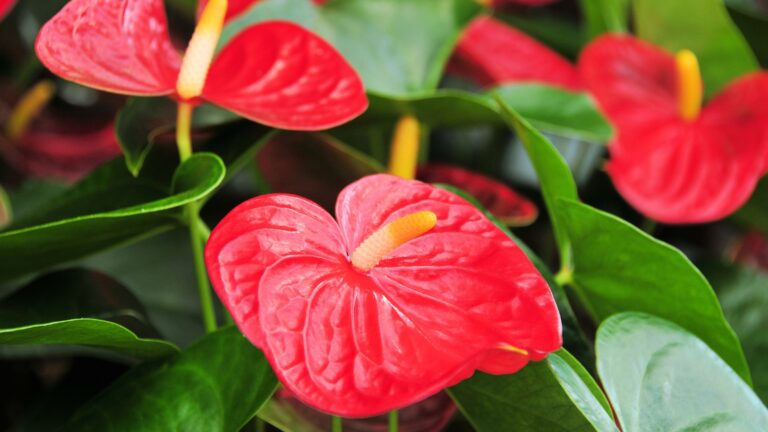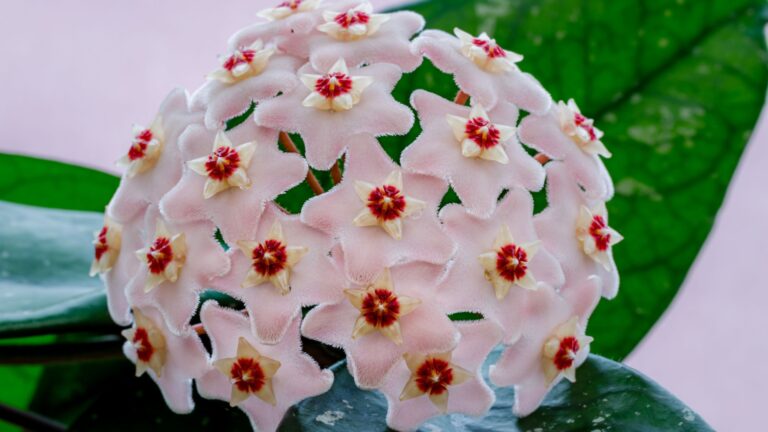Easy Ways To Cool Down Compost Piles In Alabama Heat
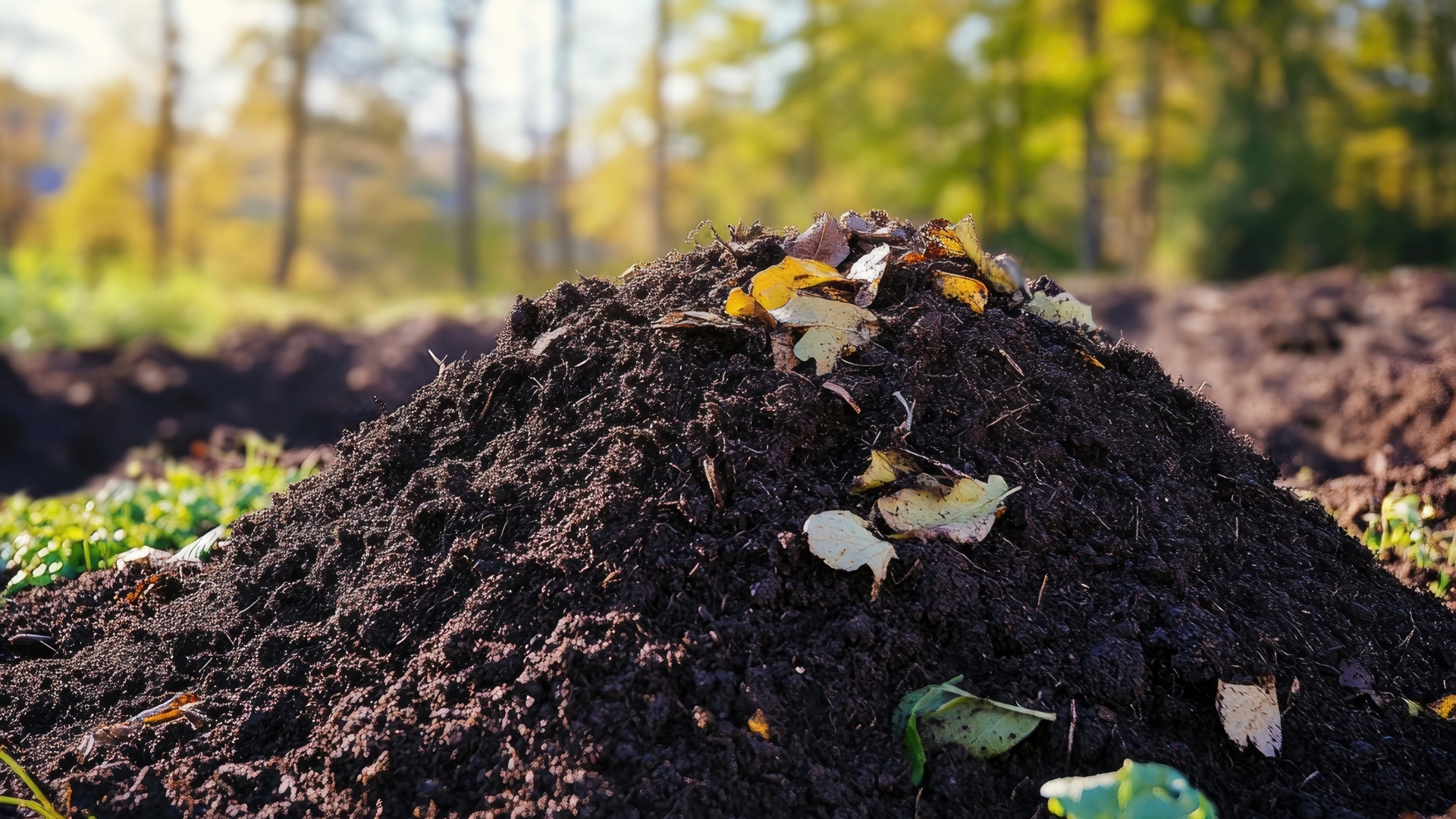
Alabama summers are no joke, and compost piles feel the heat just as much as we do. Mine practically steamed like a sauna last week—yikes!
Luckily, a few simple tweaks can help cool things down without messing with all that rich, black gold in the making. Shady spots, extra water, and turning it more often really do the trick.
Let’s keep that compost cooking slow and steady, not scorched and stinky!
1. Create Shade Structures

Position a simple canopy or tarp above your pile to block direct sunlight. Alabama’s intense rays can superheat compost beyond optimal decomposition temperatures.
Consider using bamboo or wooden frames draped with breathable shade cloth that allows airflow while deflecting heat. Many Alabama gardeners find this reduces pile temperatures by 10-15 degrees.
2. Morning Watering Schedule
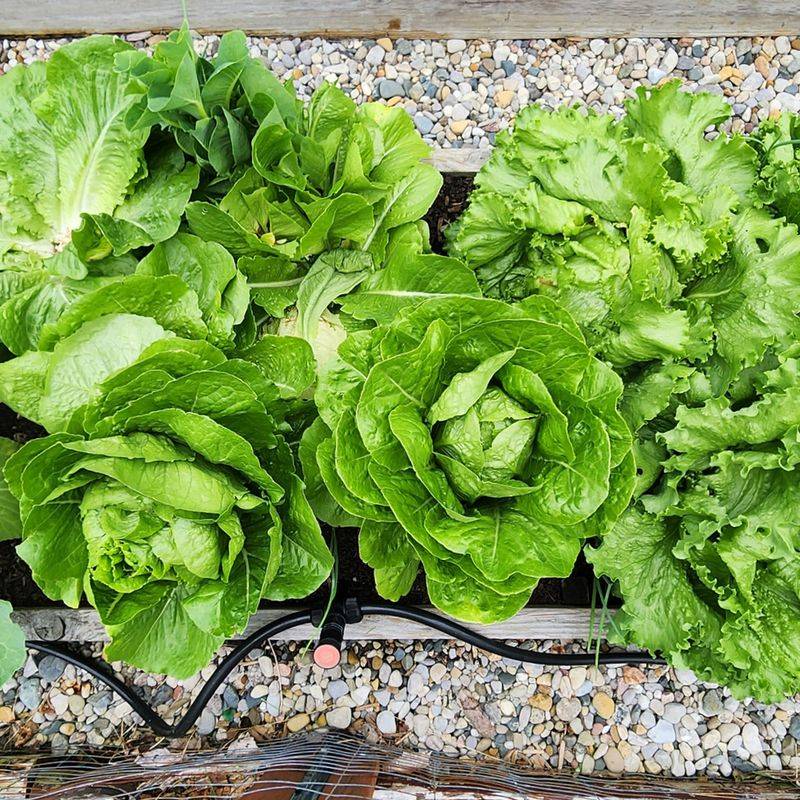
Water your compost pile early in the day before Alabama’s heat kicks in. The moisture will help regulate temperature throughout the hottest hours.
Use a gentle spray rather than a forceful stream to avoid compacting the materials. Sweet Home Alabama gardeners find that consistent morning moisture management prevents temperature spikes above 160°F.
3. Add Browns Strategically
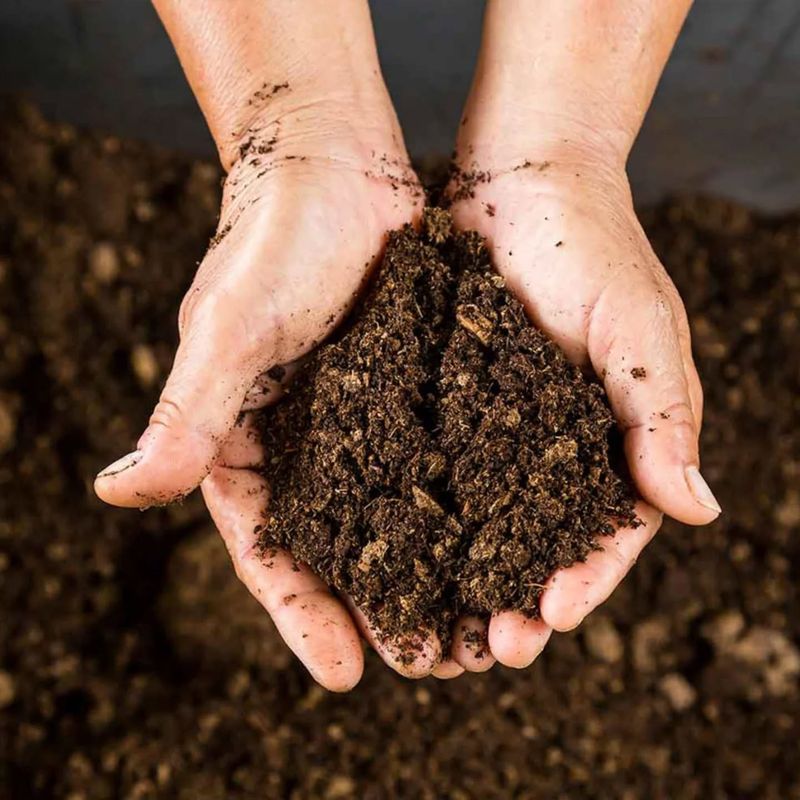
Incorporate more carbon-rich materials like dried leaves, shredded paper, or cardboard during heat waves. These “browns” slow down decomposition and reduce heat generation.
Keep a separate bin of browns nearby for quick access during Alabama’s hottest months. The balanced carbon-to-nitrogen ratio prevents bacterial overdrive that causes excessive heating.
4. Increase Pile Size
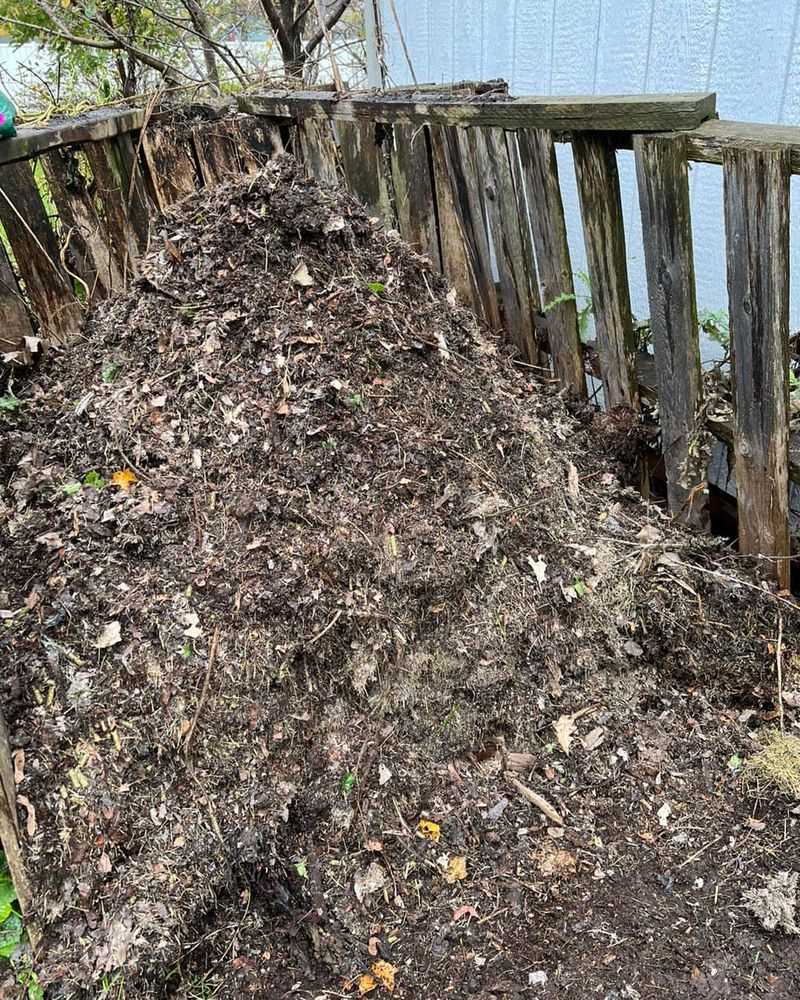
Counterintuitively, larger piles can stay cooler in Alabama heat. The increased mass provides insulation against external temperature fluctuations.
Aim for compost heaps at least 3 feet in each dimension. Many Alabama master gardeners maintain larger summer piles specifically to buffer against the extreme temperature swings typical in southern climates.
5. Install Ventilation Pipes
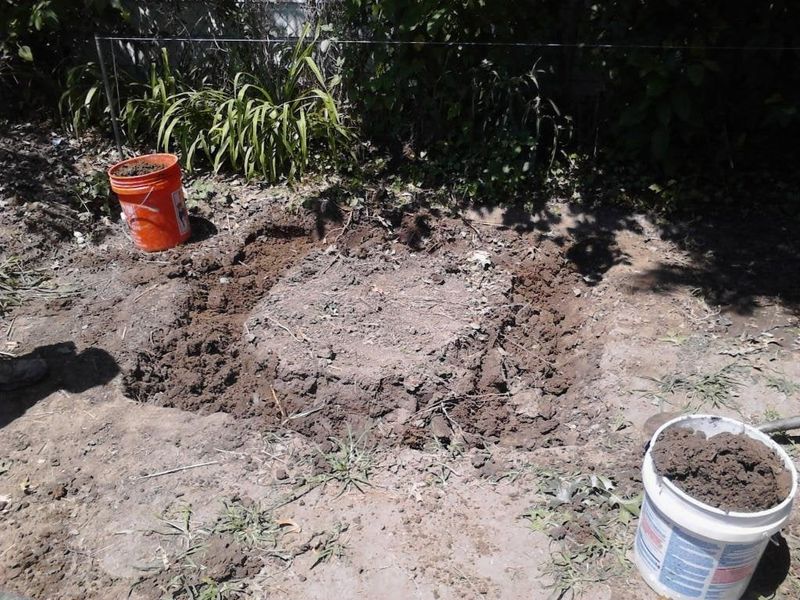
Push perforated PVC pipes vertically through your compost pile to create cooling air channels. Hot air escapes while cooler air enters, regulating internal temperatures.
Alabama composters find 3-4 pipes in a medium-sized pile works perfectly. The humid Alabama climate actually helps this method work effectively as air circulation prevents moisture from becoming stagnant.
6. Relocate During Heat Waves
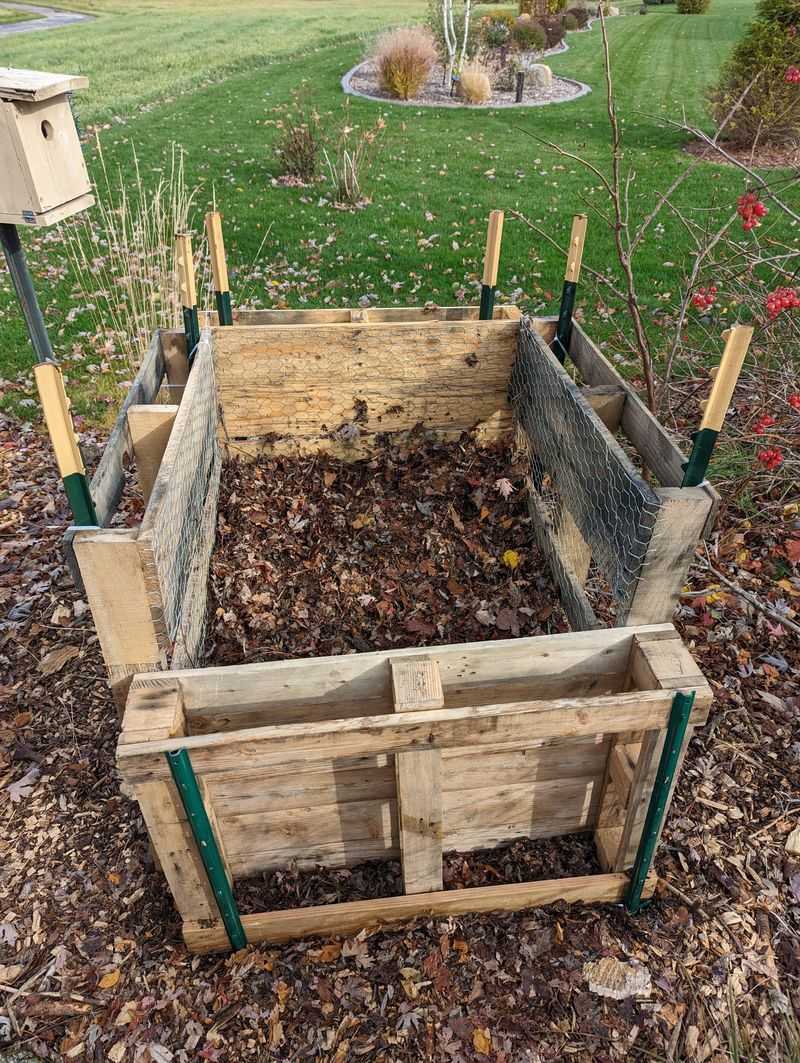
Temporarily move your compost bin to a naturally cooler area during extreme Alabama heat spells. North-facing locations or spots under deciduous trees work well.
Even a 10-foot relocation can make a significant difference in pile temperature. Many Alabama gardeners create mobile compost systems using wheeled bins specifically for this summer strategy.
7. Reflective Cover Materials
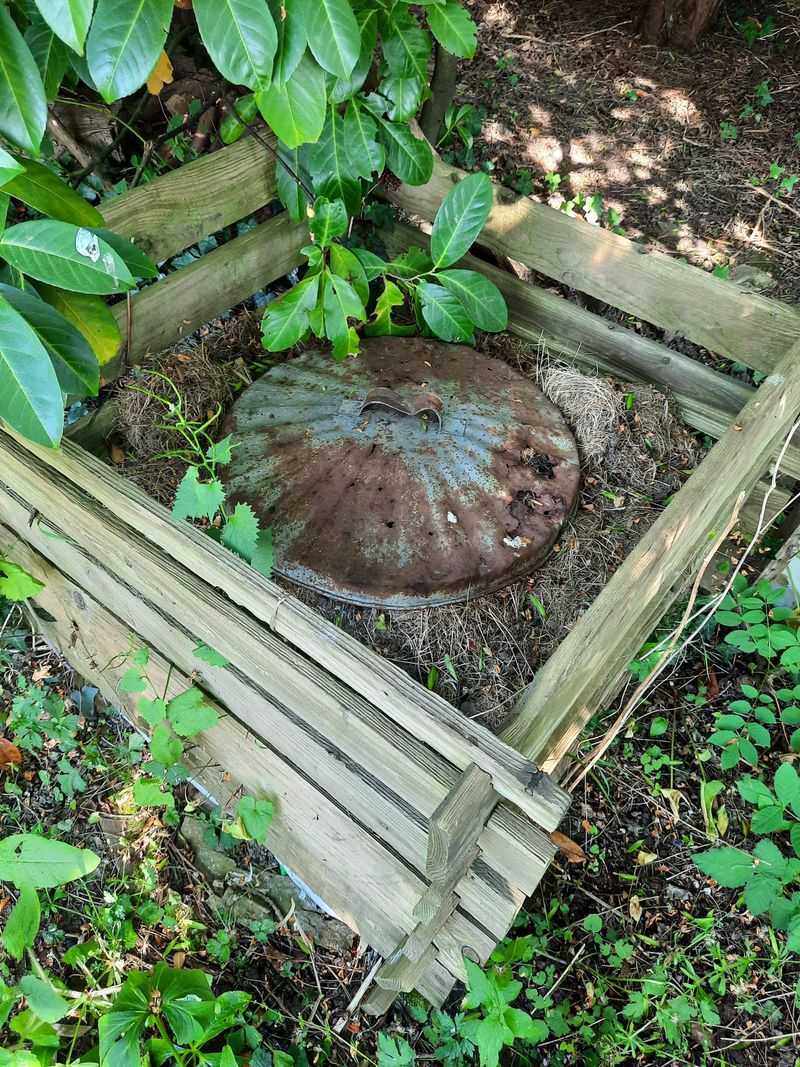
Cover your compost with reflective materials like aluminized garden cloth during peak heat. This bounces away solar radiation that would otherwise be absorbed.
Alabama gardeners have adapted this technique from greenhouse cooling methods. The reflective barrier significantly reduces surface temperatures while still allowing necessary moisture exchange for proper decomposition.
8. Morning Turning Schedule
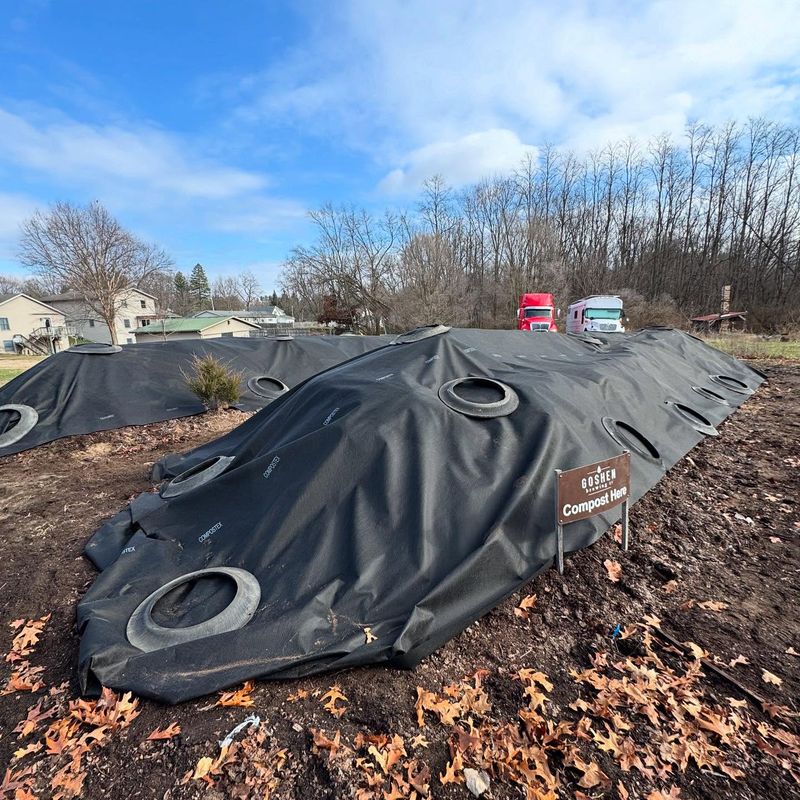
Shift your compost turning routine to early mornings when temperatures are lowest. This releases trapped heat and introduces cooler air throughout the pile.
Alabama gardeners find that 6-7 AM turning sessions prevent the day’s accumulating heat from reaching problematic levels. The morning dew provides natural moisture that helps stabilize temperatures throughout the day.
9. Frozen Water Bottle Cooling
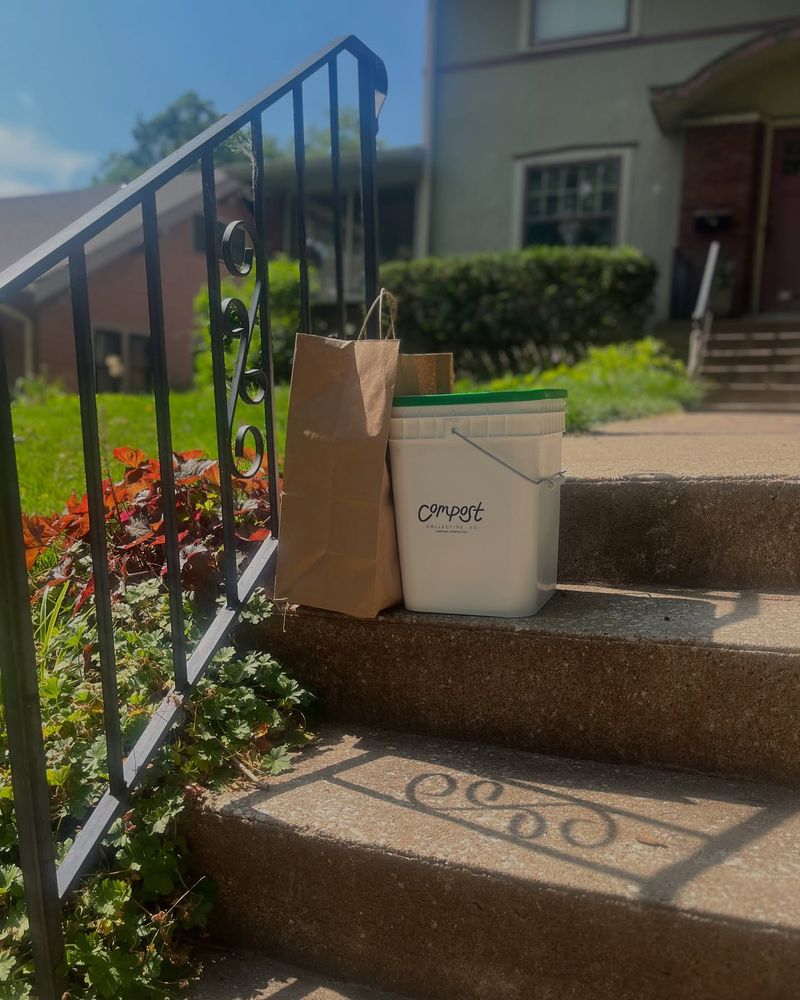
Insert several frozen water bottles deep into your compost pile during extreme heat waves. They slowly release cooling moisture as they thaw.
This Alabama gardener trick works especially well for smaller bins. The melting ice creates a cooling zone that helps preserve beneficial microorganisms that might otherwise die off in the Heart of Dixie’s summer heat.
10. Trench Composting Alternative
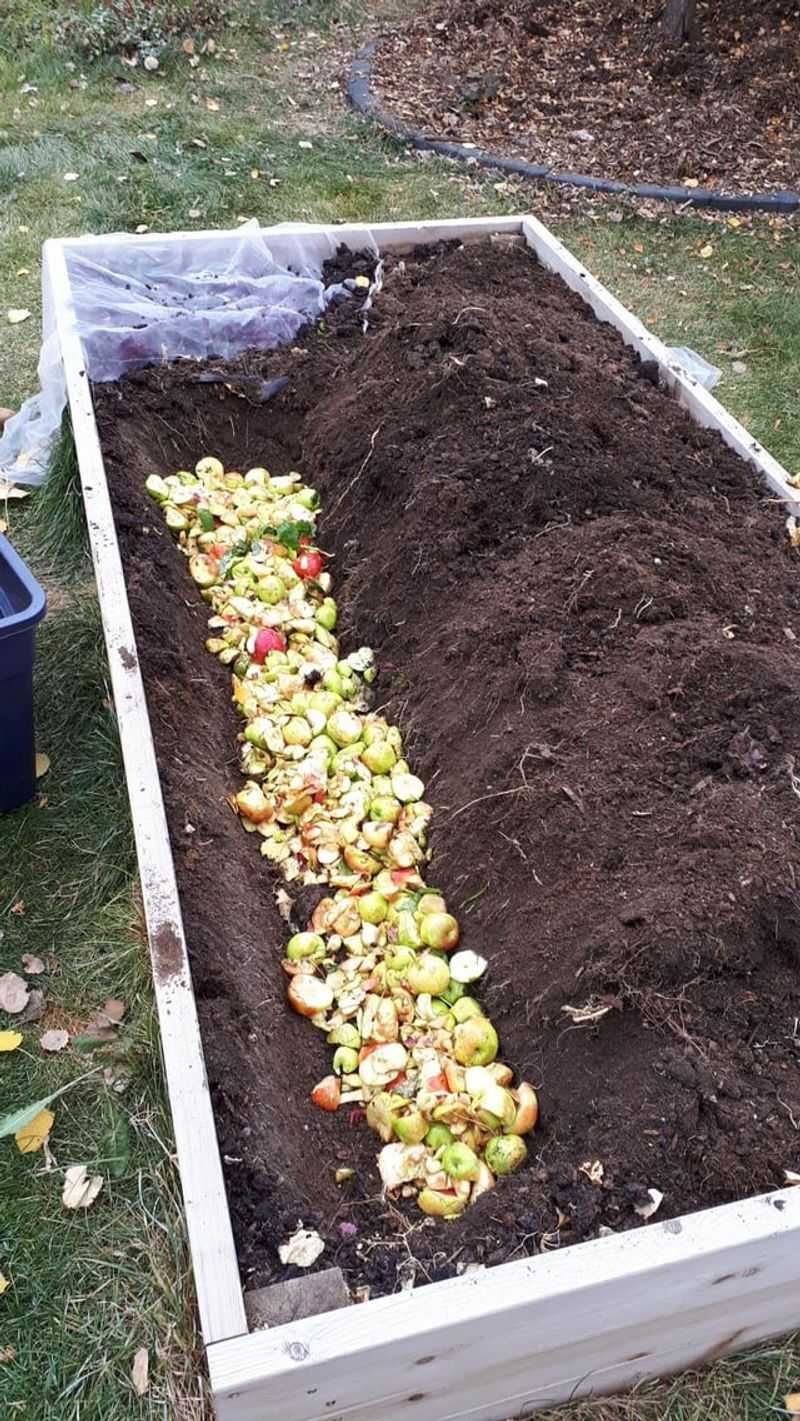
Switch to trench composting during Alabama’s hottest months. Dig 12-inch deep trenches between garden rows and bury compostable materials directly.
The surrounding soil insulates against extreme heat fluctuations. This method, popular with Alabama Master Gardeners, keeps decomposition temperatures more stable than above-ground piles during July and August heat waves.
11. Moisture-Retaining Mulch Layer
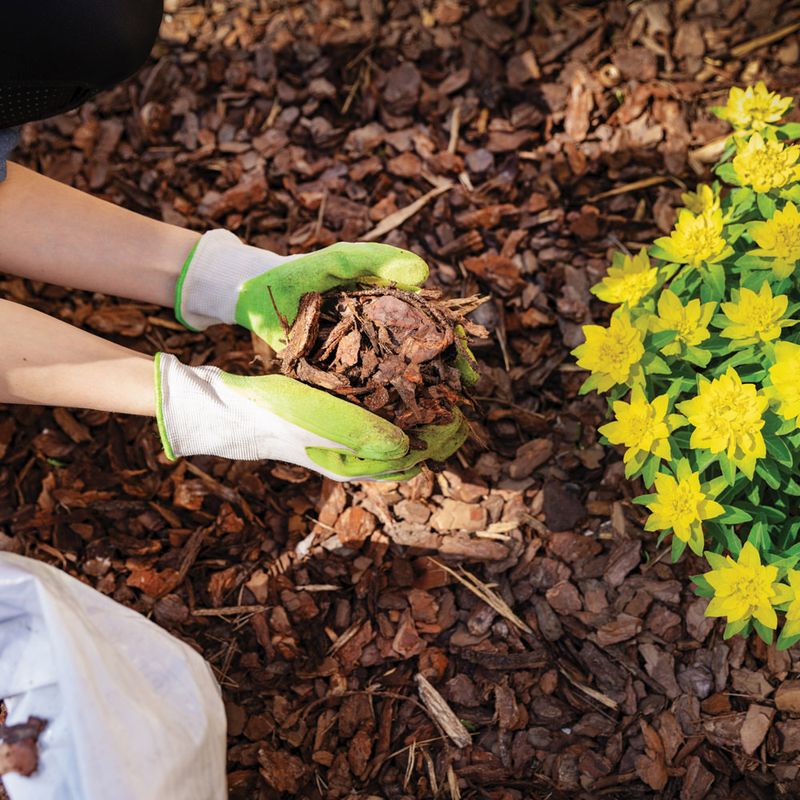
Apply a thick layer of straw or pine needles on top of your compost pile. This natural insulation keeps moisture from evaporating too quickly in Alabama’s dry heat.
The mulch layer creates a microclimate that stays cooler than ambient air. Many Alabama gardeners collect pine straw from their properties specifically for this summer composting technique.
12. Vermiculture Integration
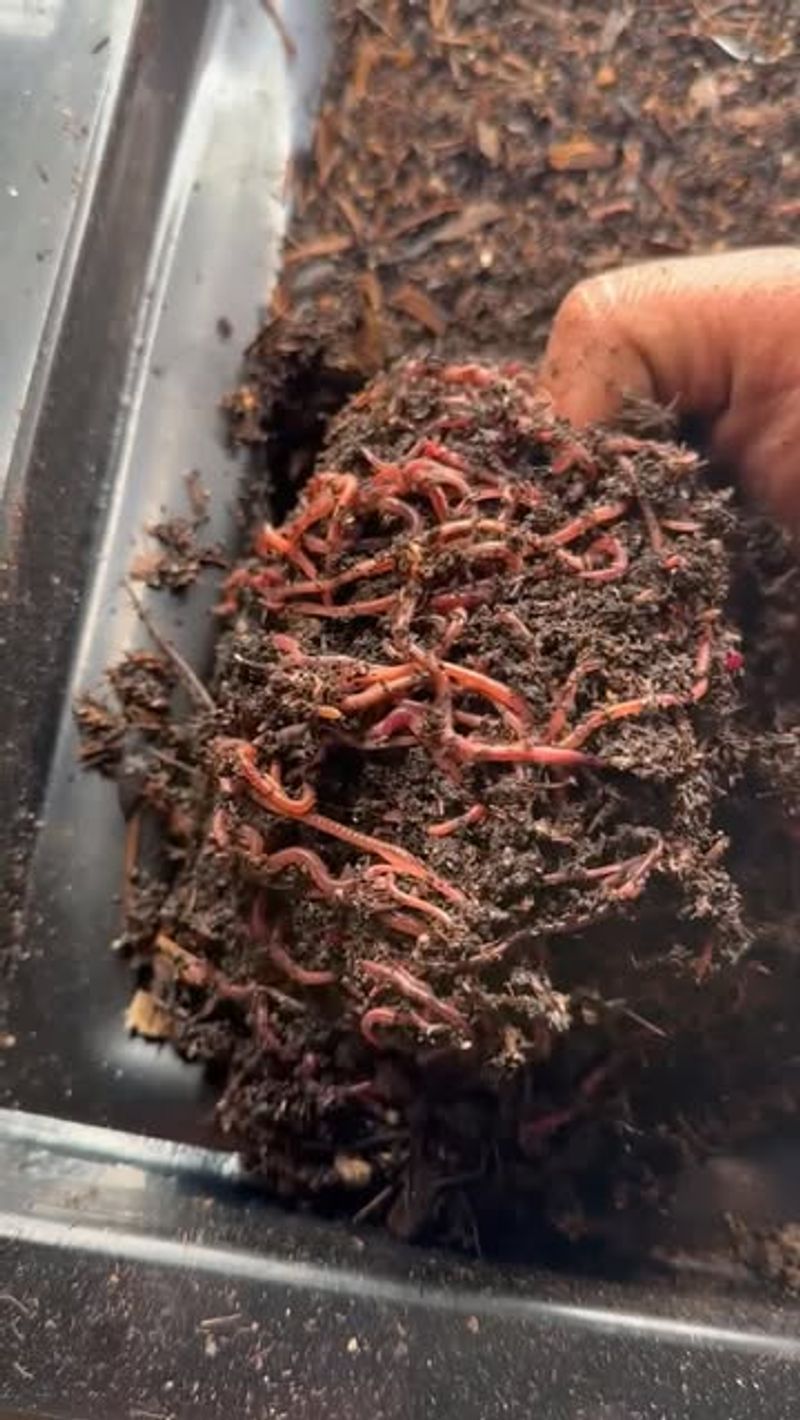
Introduce red wiggler worms to your compost during hot months. These decomposers thrive in cooler pockets and naturally regulate pile temperatures through their movement.
Alabama’s native earthworms won’t survive compost heat, but red wigglers are specially adapted. Their tunneling creates ventilation channels that help hot Alabama compost piles release excess heat more efficiently.
13. Layered Cooling Materials
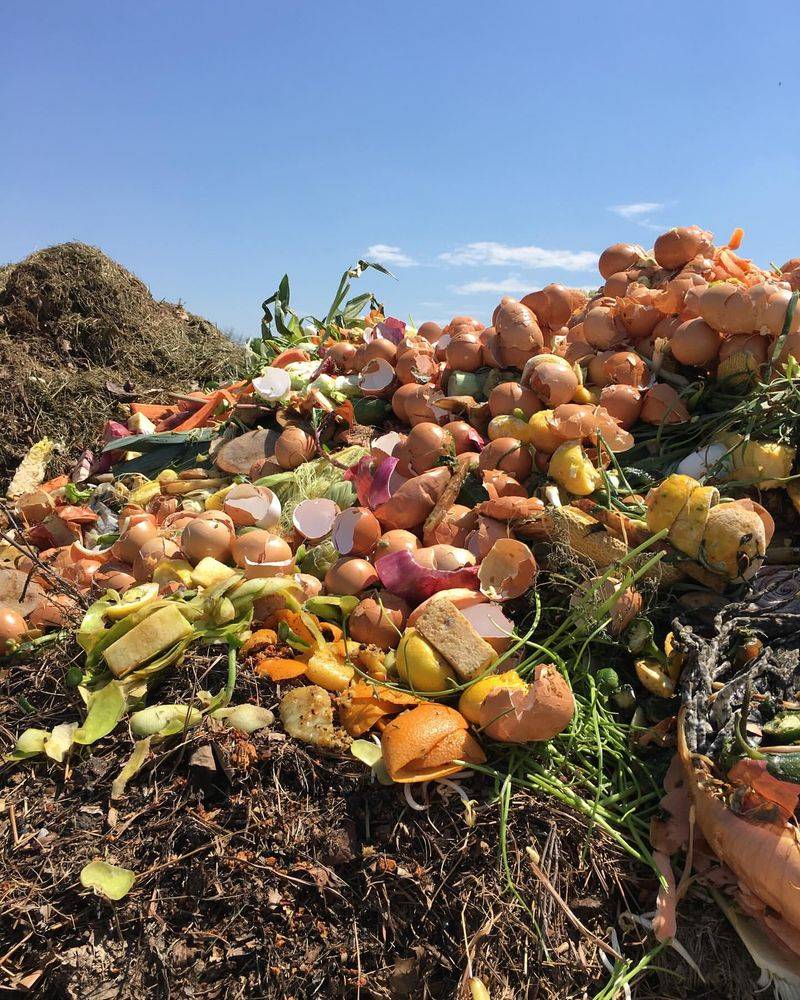
Incorporate cooling green materials like cucumber peels, watermelon rinds, and lettuce throughout your pile. These high-water-content items release moisture slowly as they decompose.
Alabama gardeners save summer fruit scraps specifically for this purpose. The natural evaporative cooling effect helps maintain ideal decomposition temperatures even during the state’s notorious humidity spikes.
14. Evening Misting System
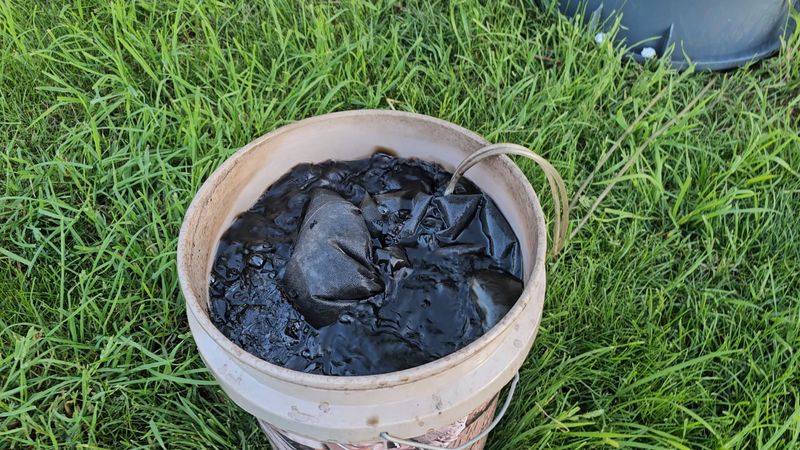
Set up a simple misting system with a timer to provide gentle cooling in the evening hours. Fine water droplets create evaporative cooling without waterlogging the pile.
Alabama’s hot evenings make this technique particularly effective. Many gardeners across the state use repurposed irrigation parts to create custom misting systems specifically for summer compost management.
15. Two-Bin Rotation Method
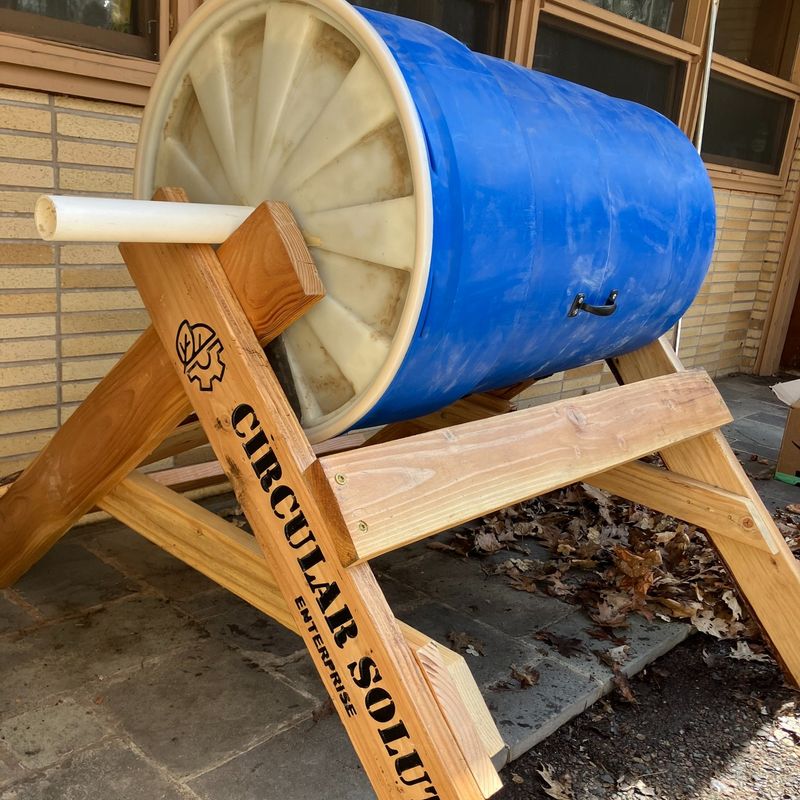
Maintain two smaller compost piles instead of one large one. Smaller volumes generate less internal heat and are easier to manage in extreme temperatures.
Alabama gardeners find rotating between bins allows each pile cooling periods. This system fits perfectly with the state’s extended growing season, providing finished compost at multiple points throughout the year.

